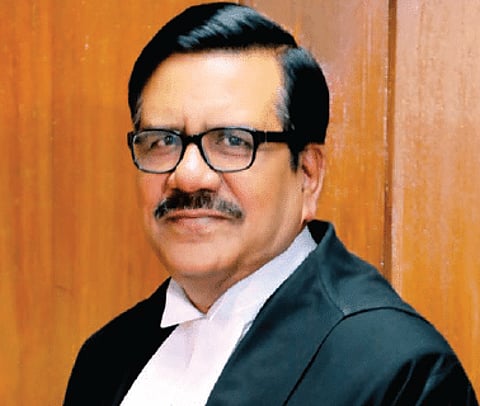
- News
- Columns
- Interviews
- Law Firms
- Apprentice Lawyer
- Legal Jobs
- हिंदी
- ಕನ್ನಡ

Justice Shiva Kirti Singh was elevated to the Supreme Court of India on September 19, 2013. After a tenure that lasted a little over three years, Justice Singh retired in November last year.